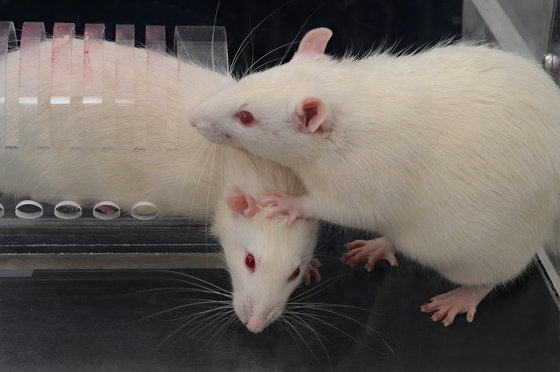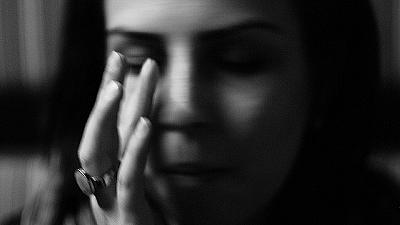The 'bystander effect' that will not help as more people are confirmed for the first time except human

The
The bystander effect in rats | Science Advances
https://advances.sciencemag.org/content/6/28/eabb4205
The first report of 'bystander effect' in animals shines a light on police brutality
https://www.inverse.com/science/study-finds-animals-exhibit-the-bystander-effect

The bystander effect came to be advocated by the 1964 Kitty Genovies incident . At that time, when Kitty Genoviez was attacked by a gangster in front of his house at midnight, 38 neighbors heard the scream, but none of them reported and did not come to help.
Subsequent research has shown that 'when a person is part of a group, he or she does not help those who need help more than when he or she is alone.' The sense of 'duty to help' is weakened.'
When this bystander effect was confirmed for the first time in humans, a paper was published at Science Advances on July 8, 2020.
The research was conducted by a research team such as Peggy Mason, a neurobiologist at the University of Chicago. The researchers restrained the rat with a small device and observed how the surrounding rats responded to it. At this time, some rats were given anxiolytics to create a group of 'bystanders' who did not help them. Then, it was observed whether an unmedicated rat would help a poor rat by creating a bystander.
According to the researchers, rats surrounded by bystanders did not always abandon the rat in a predicament. Interestingly, many rats tried to help those in need on the first day of the experiment, but after a few days, they stopped trying to help because the surroundings were indifferent and helpless. ..
The state of the rat actually being helped.

'The indifference of other rats has changed their experience,' Mason says.
And it was shown that rats that helped captive rats in the presence of bystanders may not help when tested alone. Mason believes that this is 'due to loss of audience.'
Mason says that the bystander effect is not human-specific, but part of a mammalian gene. Based on the results of this study, the issue of 'bystander police' that does not intervene in violent police after the death of George Floyd is due to the biology-based bystander effect and the police system that does not recommend intervention. Mason pointed out that there was a cause.
Related Posts:






